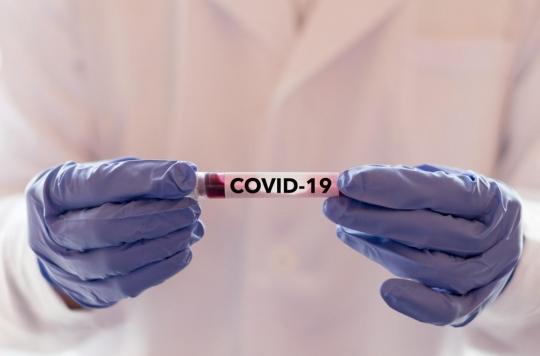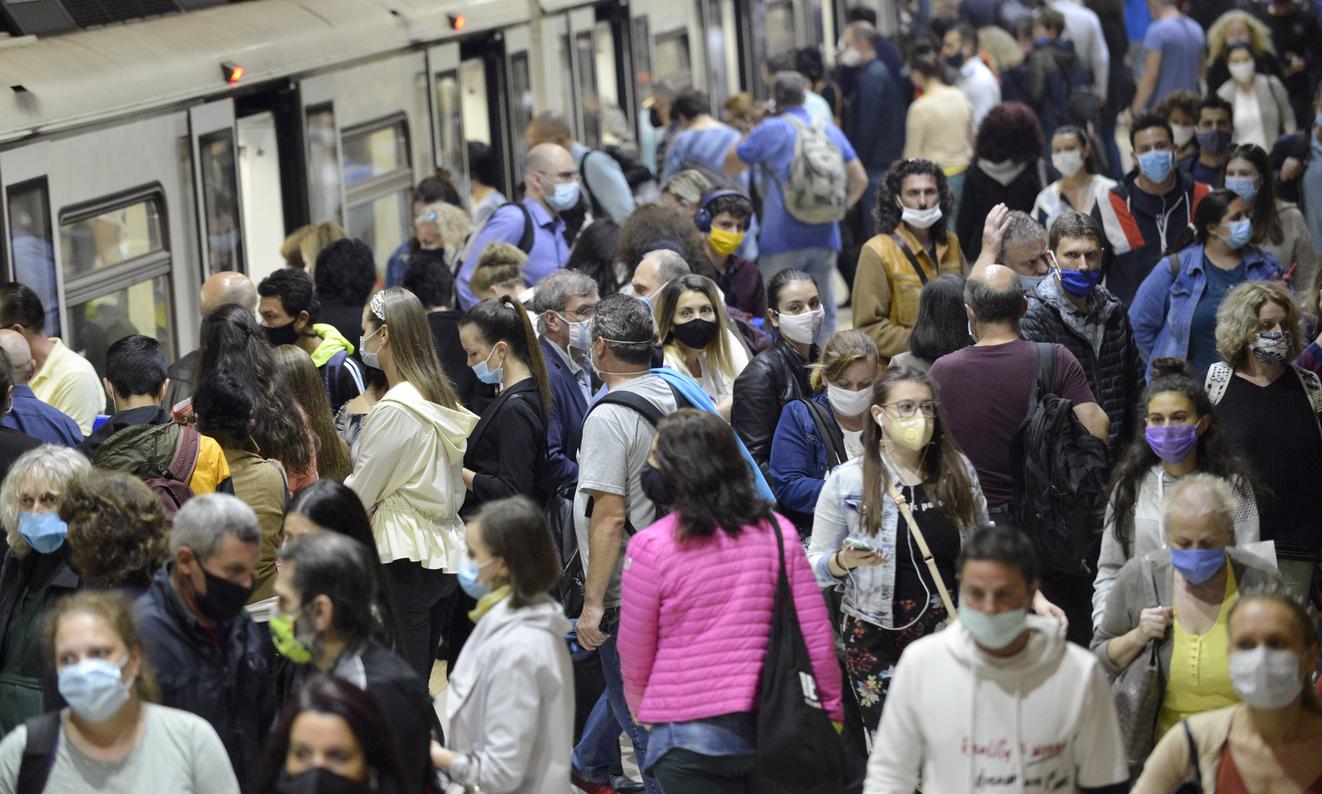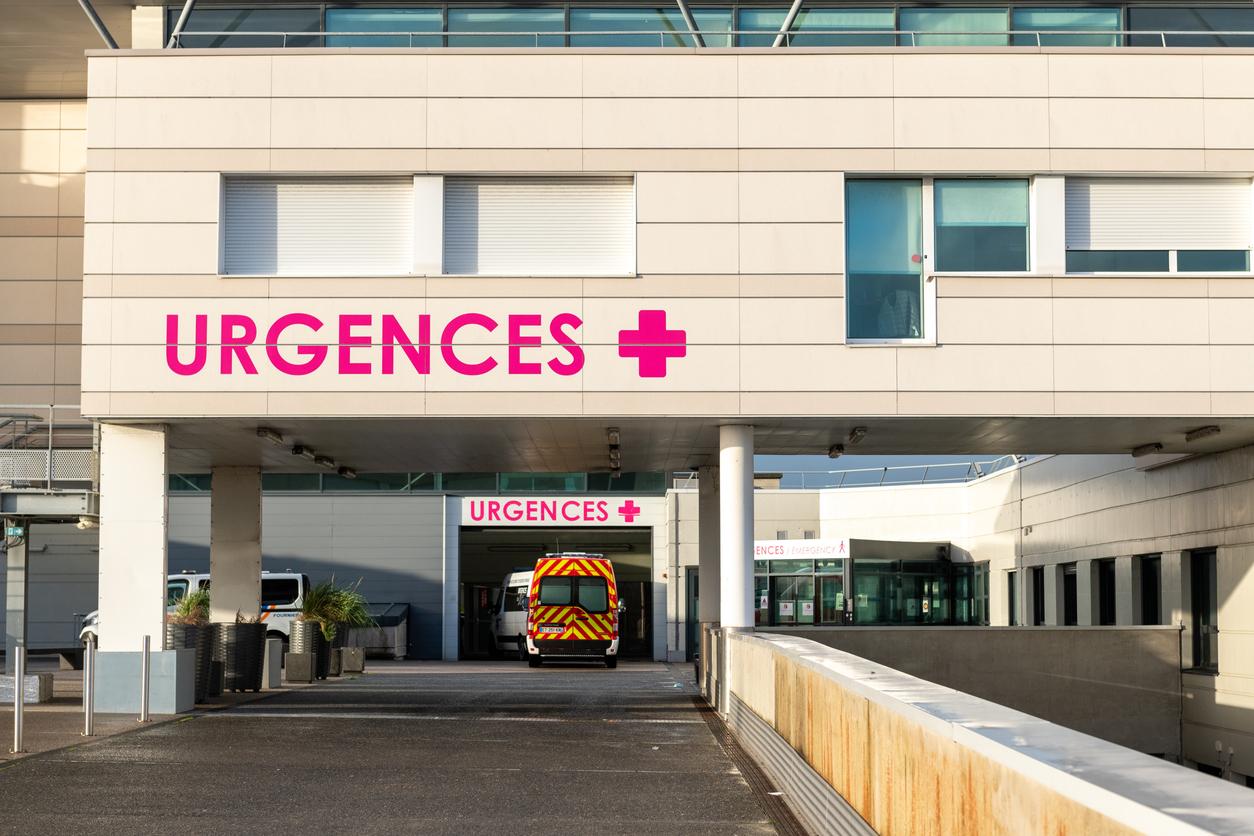French researchers seem to have found a valuable indicator in the blood to predict which covid patients will develop a severe form of the disease.

- About 5% of covid patients develop a severe form and suffer from severe pneumonia transforming into acute respiratory distress syndrome
- Early detection of type 1 interferon (IFN) deficiency would help identify populations at risk
- Researchers believe they can develop a therapeutic avenue to curb severe forms of Covid-19
Can we predict which patient infected with Covid-19 will develop a severe form of the disease? In the review Scienceresearchers from Inserm, the University of Paris, AP-HP and the Institut Pasteur describe “a unique and unexpected immunological phenotype in severe and critical patients” can serve as an indicator. More specifically, it is a particular blood signature associated with an excessive inflammatory response.
A precious blood indicator
About 5% of covid patients develop a severe form of the disease and suffer from a severe pneumonia progressing to acute respiratory distress syndrome. “A growing number of indications suggest that this aggravation is caused by a sharp increase in cytokinesexplain the researchers in a communicated. This runaway inflammatory response is correlated with massive infiltration into the lungs of innate immune cells, namely neutrophils and monocytes, creating lung damage and acute respiratory distress syndrome..”
Their work showed that contrary to what we thought, theType 1 interferons (IFN) (a marker of immune response to infections) are greatly reduced in severe and critical covid patients. “These results suggest that in SARS-CoV-2 infection, the production of type 1 IFN is slowed down in the infected host, which could explain the more frequent severe forms in individuals with low production of this cytokine, such as the elderly or those with comorbidities”. Detecting this type 1 interferon (IFN) deficiency in advance would therefore make it possible to identify the populations at risk.
Towards a therapeutic response for serious patients?
Second good news: the results of this study also suggest that administration of IFN-alpha (another type of interferons) combined with anti-inflammatory therapy or corticosteroids,”could be a therapeutic avenue to be evaluated to stop severe forms of Covid-19”. So far, no treatment can cure the disease initiated by Covid-19 infection. Identifying patients at risk of developing a severe form and developing a therapeutic response to treat them would be a big step.
More than 13 million people worldwide have been infected since the start of the pandemic and 590,005 have died. In France, more than 173,000 confirmed cases and more than 30,000 deaths have been recorded to date.
.














